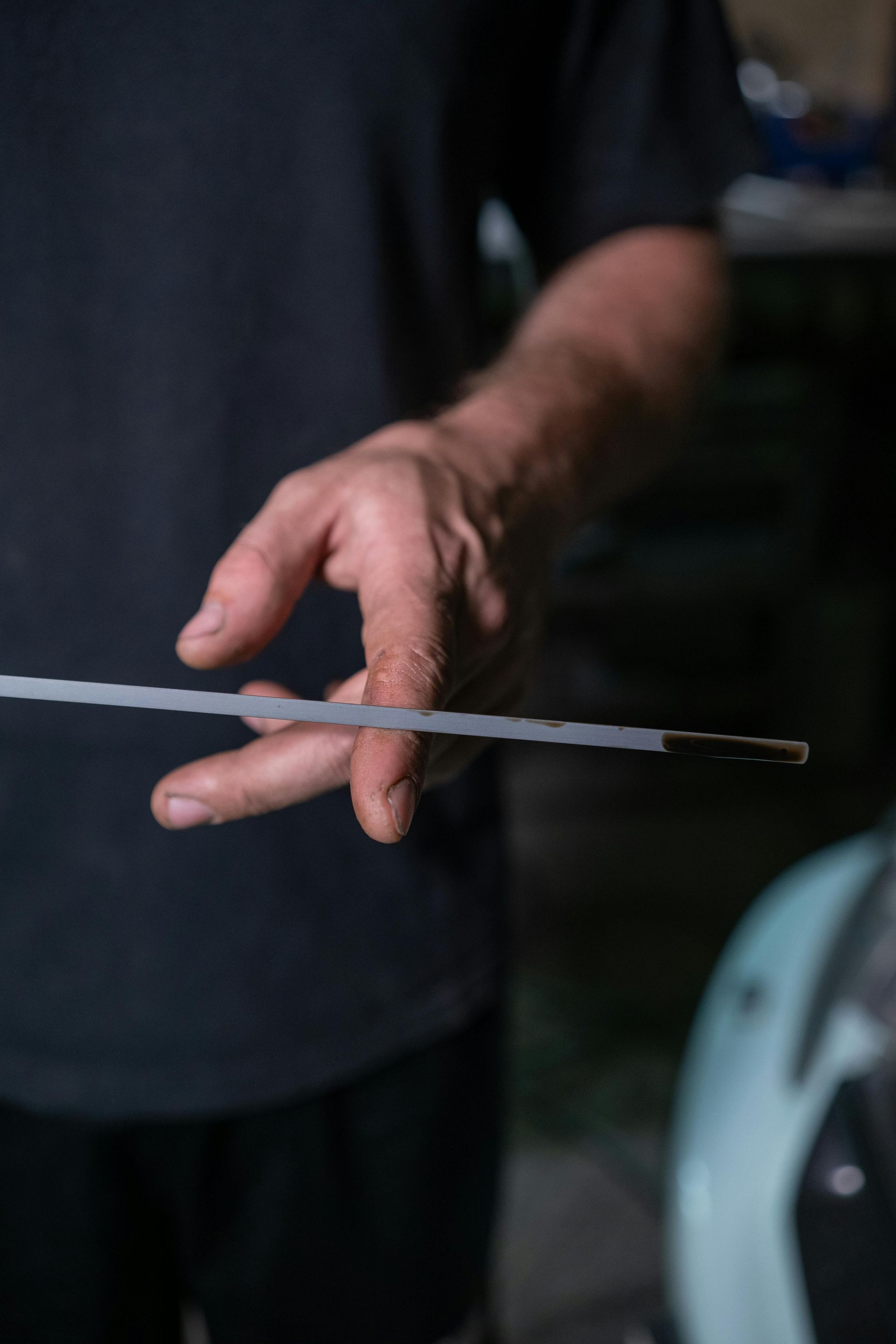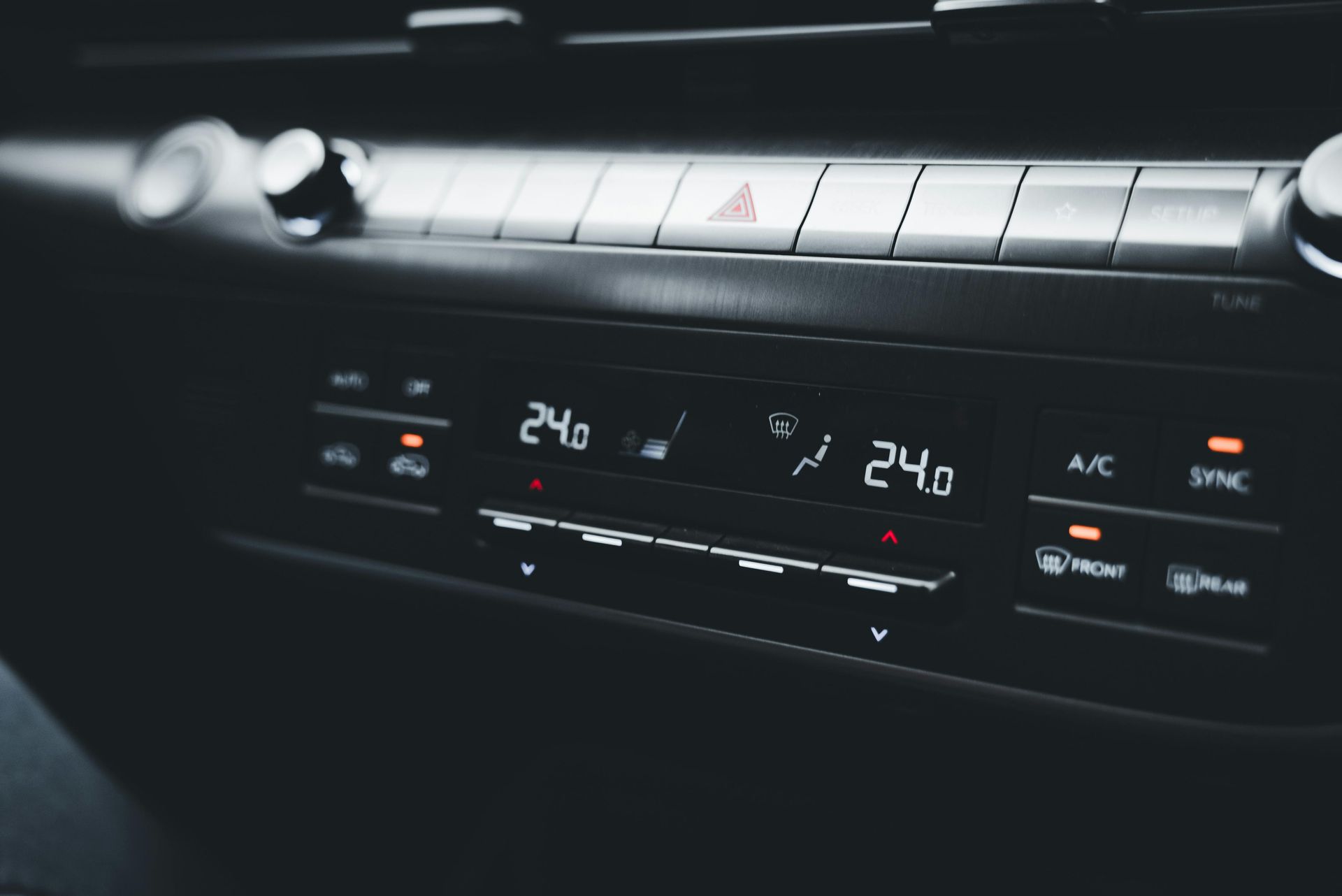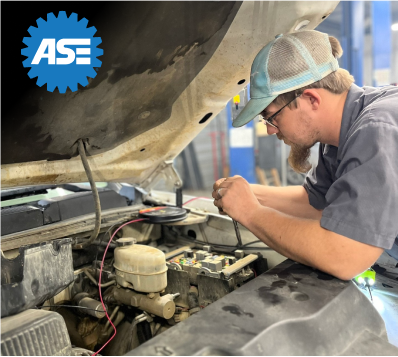Your tires are the only part of your vehicle directly interacting with the road. They are critical to your vehicle’s overall performance, safety, and efficiency. However, tires require regular maintenance to function properly and extend their lifespan. Understanding the most important tire services is key to running your vehicle smoothly and preventing potentially dangerous situations.
1. Tire Rotation
One of the most fundamental tire services is tire rotation. Over time, your tires wear down at different rates depending on their position on the vehicle. For example, the front tires may wear more quickly than the rear due to the weight of the engine and the steering forces applied to them. By rotating the tires—moving them from one position to another—you can ensure more even wear, which prolongs their life and enhances performance.
Most vehicle manufacturers recommend rotating your tires every 5,000 to 8,000 miles, but it’s always a good idea to check your owner’s manual for specific guidance. Regular tire rotation can also improve gas mileage and provide a more comfortable ride, making it one of the most important and cost-effective tire services you can get.
2. Wheel Alignment
Have you ever noticed your vehicle pulling to one side or your steering wheel not sitting straight when driving on a flat road? These could be signs that your wheels are out of alignment. Misaligned wheels can cause uneven tire wear, reduce fuel efficiency, and make your car more difficult to control.
Wheel alignment involves adjusting the angles of your wheels to the manufacturer’s specifications to ensure your vehicle drives straight and your tires wear evenly. It's recommended to have your wheel alignment checked every year or any time you get new tires, hit a large pothole, or feel your car drifting to one side. Keeping your wheels properly aligned can prevent unnecessary wear and tear, saving you money on premature tire replacements.
3. Tire Balancing
Tire balancing is another critical service that often goes hand-in-hand with tire rotation and alignment. When tires are mounted on the wheels, even the smallest weight difference can cause vibrations that make for an uncomfortable ride and increase tire wear. Balancing ensures that the weight is distributed evenly around the tire and wheel assembly, resulting in a smoother ride and less wear on the tires.
If you notice a vibration in the steering wheel or seat when driving at higher speeds, it might be time to get your tires balanced. Regular balancing, especially when you get new tires or experience unusual vibrations, is key to extending the life of your tires and keeping your car running smoothly.
4. Tire Repair
Punctures, leaks, and other minor damage to your tires are inevitable, but they don't always mean you need to replace the tire. Depending on the extent of the damage and its location, many tire punctures can be repaired. For example, if a nail or screw punctures the tread area of the tire, it can often be fixed with a patch or plug. However, if the damage is in the sidewall or the puncture is too large, replacement may be necessary.
It's important to get any tire damage inspected by a professional to determine if it's safe to repair. Driving on a damaged tire can lead to a blowout, which is not only dangerous but can also cause damage to your vehicle. A timely tire repair can save you from costly replacements and potential accidents.
5. Tire Replacement
Even with proper maintenance, tires don’t last forever. Over time, the tread wears down, reducing your tires' grip on the road and increasing your chances of slipping or skidding, especially in wet conditions. Most tires have wear bars—small rubber indicators within the tread—that let you know when it's time to replace them. If the tread is flush with the wear bars or you notice other signs like cracks, bulges, or excessive vibration, it's time for new tires.
Replacing your tires when necessary is crucial for maintaining traction, especially in adverse weather conditions. Consult your owner’s manual or tire manufacturer for guidance on when and how to replace your tires to ensure your safety on the road.
6. Tire Inspection
Regular tire inspections are essential to identifying issues before they become dangerous. During a tire inspection, a professional will check for signs of wear, punctures, and other damage, as well as verify that the tires are properly inflated and aligned. Regular inspections can prevent unexpected tire failures and extend the life of your tires.
Consider having your tires inspected every time you get an oil change or service or at least every six months. This will help ensure that your tires remain in optimal condition.
Is your car due for a tire check-up? At
William Wells Tire & Auto, we specialize in tire services to improve performance and safety. Stop by today for a complete tire inspection!








